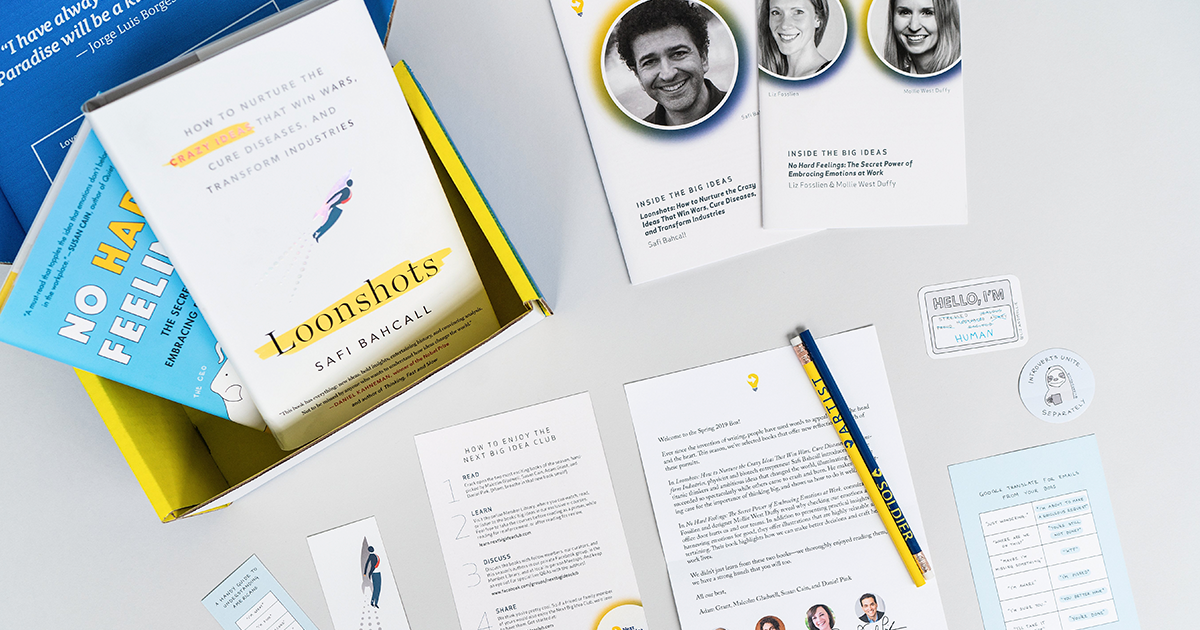Tiffany Dufu is the Chief Leadership Officer at Levo and author of the new memoir/manifesto Drop the Ball: Achieving More by Doing Less (release date: February 14, 2017). She recently joined Sheryl Sandberg, the Chief Operating Officer of Facebook and founder of the Lean In Foundation, for a conversation on women in leadership, time management, and letting go of unrealistic expectations.
This conversation originally appeared as part of Sheryl Sandberg’s Lean In Live series on Facebook Live. It has been edited and condensed. To view the full conversation, click here.
Sheryl: These are challenging times. Things are feeling very insecure for a lot of people across so many fronts. That makes this a time when leadership for women is even more important. How do you lean in?
Tiffany : I lean in with scaffolding. I always say, we were never meant to lean in alone.
When we can create an ecosystem of support, villages of support, it’s not so scary to lean in because you know if you fall somebody is going to catch you. That’s really important now because we don’t have the luxury of not being leaders. We need women to lean in now more than ever.
Sheryl: Your book is called Drop the Ball, which is not what we usually tell people to do. Usually that’s a bad thing. Why are you arguing that dropping balls is good for women?
Tiffany : I used to be a very typical woman in that I was terrified of dropping the ball. Meaning that I was terrified of failing, of messing up, of not fulfilling expectations, until I got so overwhelmed that I dropped the ball—and discovered that the world doesn’t fall apart.
Part of the reason why I had so much anxiety was because the expectations were unrealistic. I’ve been really focused on trying to help women release those unrealistic expectations so they can flourish at work and in life.
Sheryl: What happened [to make you realize] that your current to-do list was completely unrealistic?
Trending: Navy SEAL Secrets for High Performance Under Pressure
Tiffany : I was teaching a time management course for women, and I asked them to complete an exercise in which they wrote down all the things that you expect to do or achieve in an ideal day. I really made everyone exhaust the list. You get up, you might lie in bed thinking about going to the gym and that might take 20 minutes… go through the entire day.
I asked them to write down how much time you think it would take you to complete every single one of these tasks. I asked them to sum it at the bottom. You won’t be surprised to know, even though I was—no one had a list that amounted to less than 24 hours in a day.
“All of us are walking around with feelings of inadequacy, as if we’re not doing enough, but what we’re expecting ourselves to do is not humanly possible.”
Sheryl: And that was with no sleeping.
Tiffany : Only half the women had sleep on their list. It was one of my epiphanies. All of us are walking around with feelings of inadequacy, as if we’re not doing enough, but what we’re expecting ourselves to do is not humanly possible.
Sheryl: What did you cut from your own to do list? How did you take your own advice?
Tiffany : There’s lots of things that I cut from my to do list. Managing my kids’ social calendar, which took an enormous amount of time. Checking the mail—I haven’t had a key to my mailbox in over seven years.
The bigger piece was me figuring out what I could drop. In order to do that, I had to explore the roles that I’m fulfilling and why I feel like a bad mom if my son doesn’t have a haircut. What matters most to me? What’s my highest and best use in achieving what matters most to me, so that I have a filter for my to do list? That’s really the challenge. We’re getting messages, emails, phone calls and texts, and on a daily basis it’s very hard to determine, when we’re not clear what matters most to us, what we should actually be doing, and which balls we can drop.
Sheryl: We talk a lot about the role men play in equality. How happier, healthier, more successful kids, and stronger partnerships are achieved when men are doing their share. One of the reasons women can drop some balls is men might pick up some of those balls. What are your best tips for men?
Tiffany : The first thing it’s important for men to understand is that they have their own ball that I wish that they would drop, which is this unrealistic expectation that they should strive to be a breadwinner at all costs. Even at the cost of spending time with their families and at the cost of supporting the ambition of the women in their lives. I encourage men to try to drop that ball, and also to engage at home and support their partners.
The reason why the book is called Drop the Ball and not How to Get Other People to Pick Up the Ball is because I really believe that when we as women drop it—
Sheryl: Someone picks it up.
Tiffany : Maybe not in the way that we would want them to—which is why it’s hard to drop it—but they do.
Trending: How to Make Menopause the Best Time of Your Life
Sheryl: Mentoring other women is one of the great callings of your life. You stepped in to help Lean In launch, I’ve seen you help so many women at Levo. In fact, your whole model is about helping women, women of color, women of all backgrounds. Making sure women get the mentoring they need. As part of the Lean In launch team, you were a voice on how peers can help mentor and support each other. Why has peer support been so important to you?
Tiffany : Mentors are people who help you to achieve clarity through guidance and encouragement. Certainly I’ve benefited from people who are my sage mentors, the people who have been around the block more times than I have.
What I find more and more is that peers are people who are going around the block with you. It’s like we’re all climbing up the mountain tethered to one another and climbing together.
I’m on the board of Girls Who Code, and I just came from a board meeting, and [Girls Who Code founder and CEO] Reshma Saujani says to me, as I’m rushing out of the door, do you need help with press for your book? I said yes, and she immediately sends me a contact that can help me and support me. That is where peer mentorship really has come in for me and has been incredibly beneficial.
Sheryl: That’s great. We’re going to do a lightning round, so fast, short answers. Last time you dropped the ball?
Tiffany : Last week. I didn’t help my daughter sell her Girl Scout cookies and she’s very upset with me, but I hope that one day she’ll be on a panel talking about how she’s a mogul because her mom made her sell her own Girl Scout cookies.
Sheryl: We know what’s off your to do list, what’s at the top of your list?
Tiffany : Engaging my kids in meaningful conversations every day. I may not make the dentist appointment, I might not make the lunch, [but] I’m going to have a meaningful conversation every day.
Sheryl: Last time you practiced “patience judo,” which you talk about in the book.
Tiffany : I made this public New Year’s resolution that I would drop the ball on my son’s haircuts. I’m practicing patience judo at this very moment because he needs one but I can’t say anything.
Trending: Microsoft, Google, and Beyond: What Business at the Cutting-Edge of AI Looks Like
Sheryl: You’re a New Yorker. Favorite place in the city?
Tiffany : My apartment, because I travel so much I’m never there.
Sheryl: Your favorite writer?
Tiffany : Zora Neale Hurston.
Sheryl: Best piece of advice you’ve ever received?
Tiffany : Marry him, but wait to have children.
Sheryl: One thing you would do if you weren’t afraid?
Tiffany : I’m into Alicia Keys right now, so if I wasn’t afraid, I would stop wearing makeup.





























